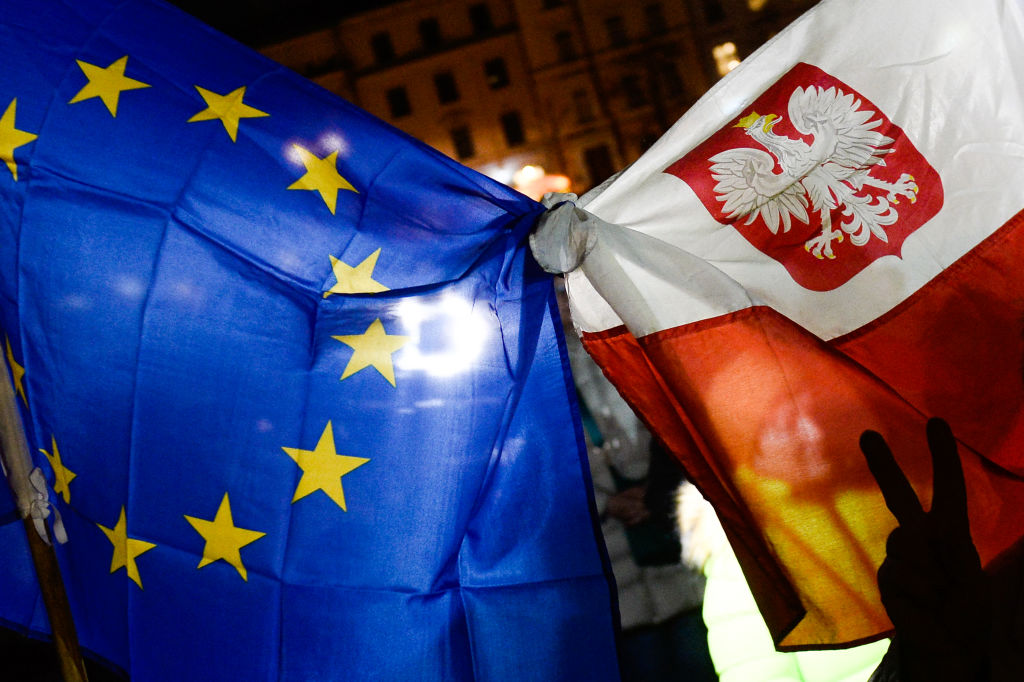With Britain leaving the EU, Brussels is adopting a new assertiveness – but Poland and Hungary are fighting back. The two countries are plotting a strategy of vetoing the EU’s latest budget because of a mechanism attached to it allowing the bloc to withhold money if a country falls short of its standards. Poland and Hungary fear that this measure could leave them vulnerable if Brussels doesn’t like their domestic legislation. But this drama is about more than just money – it also shows the direction Euroscepticism is heading in after Brexit.
Without Britain’s influence, Euroscepticism is now beginning to take on a new form – more cultural, and less economic. Poland and Hungary, both net beneficiaries of EU budgets (where the UK was a net contributor) have persuasive reasons to remain within the bloc as an economic entity. However, their experience of having lived under communist regimes leads them to approach external cultural influences with caution.

Get Britain's best politics newsletters
Register to get The Spectator's insight and opinion straight to your inbox. You can then read two free articles each week.
Already a subscriber? Log in






Comments
Join the debate for just £1 a month
Be part of the conversation with other Spectator readers by getting your first three months for £3.
UNLOCK ACCESS Just £1 a monthAlready a subscriber? Log in